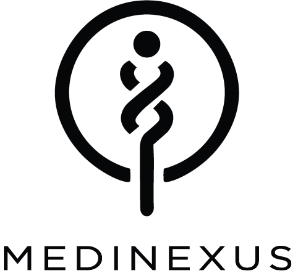DOI: 10.1016/j.metabol.2008.01.013
Jun Yina,b,*, Huili Xinga, and Jianping Yeb
a Department of Endocrinology, Xinhua Hospital Affiliated to Shanghai Jiaotong University School of Medicine, Shanghai 200092, China; b Pennington Biomedical Research Center, Baton Rouge, Louisiana 70808, U.S.A.
Abstract
Berberine has been shown to regulate glucose and lipid metabolism in vitro and in vivo. This pilot study was to determine the efficacy and safety of berberine in the treatment of type 2 diabetic patients. In study A, 36 adults with newly diagnosed type 2 diabetes were randomly assigned to treatment with berberine or metformin (0.5 g t.i.d.) in a 3-month trial. The hypoglycemic effect of berberine was similar to that of metformin. Significant decreases in hemoglobin A1c (HbA1c; from 9.5% ± 0.5% to 7.5% ± 0.4%, P<0.01), fasting blood glucose (FBG; from 10.6 ± 0.9 mmol/L to 6.9 ± 0.5 mmol/L, P<0.01), postprandial blood glucose (PBG; from 19.8 ± 1.7 to 11.1 ± 0.9 mmol/L, P<0.01) and plasma triglycerides (from 1.13 ± 0.13 mmol/L to 0.89 ± 0.03 mmol/L, P<0.05) were observed in the berberine group. In study B, 48 adults with poorly controlled type 2 diabetes were treated supplemented with berberine in a 3-month trial. Berberine acted by lowering FBG and PBG from one week to the end of the trial. HbA1c decreased from 8.1% ± 0.2% to 7.3% ± 0.3% (P<0.001). Fasting plasma insulin and HOMA-IR were reduced by 28.1% and 44.7% (P<0.001), respectively. Total cholesterol and low-density lipoprotein cholesterol (LDL-C) were decreased significantly as well. During the trial, 20 (34.5%) patients suffered from transient gastrointestinal adverse effects. Functional liver or kidney damages were not observed for all patients. In conclusion, this pilot study indicates that berberine is a potent oral hypoglycemic agent with beneficial effects on lipid metabolism.


